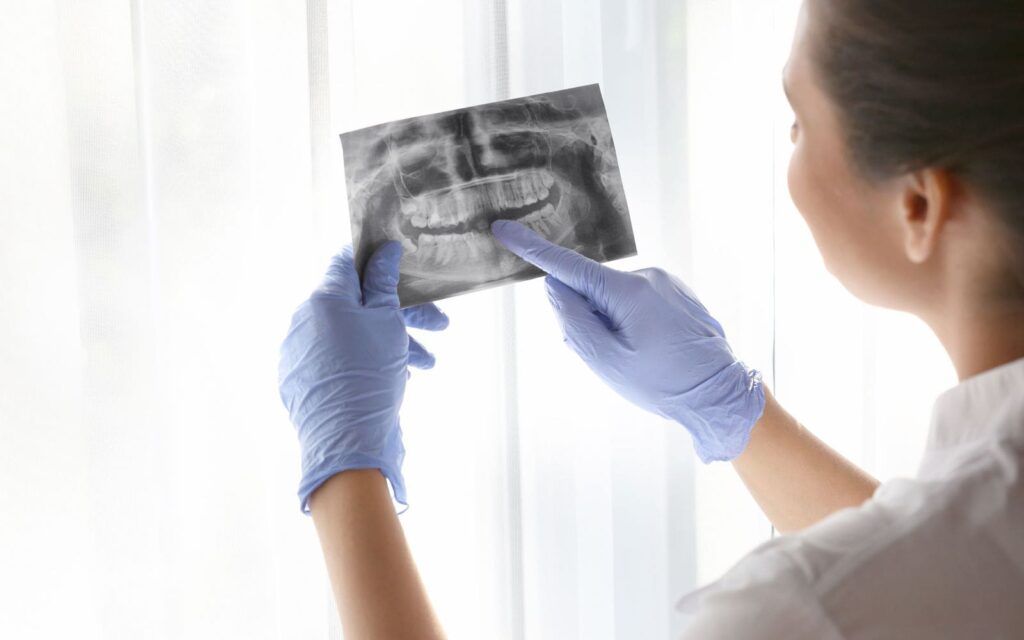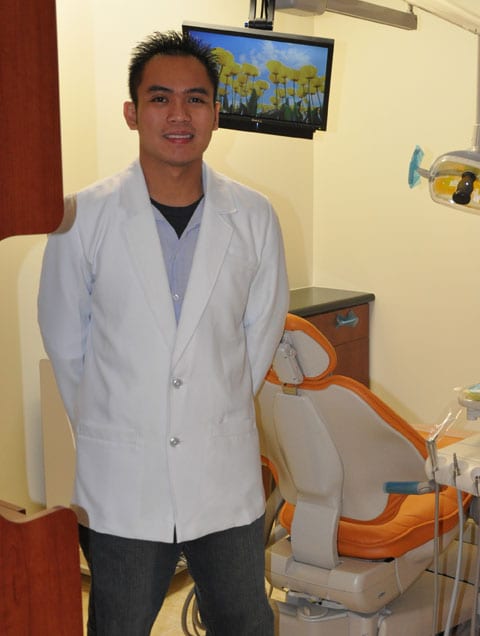If you’re faced with orofacial pain, then you’re not alone. Orofacial pain is considered one of the most common, painful oral health conditions known today, and often, many people go through their symptoms without getting treatment. Many dentists are always looking for ways to help their patients through orofacial pain, as conditions such as trigeminal neuralgia can cause lifelong pain. In many cases, oral surgeons can help through various treatments. Today, our Superb Dental Care team will provide some valuable information on orofacial pain, its causes, and how it can be treated.
How Can Oral Surgery Treat Orofacial Pain and Trigeminal Neuralgia?
Orofacial pain is a broad category for describing painful symptoms throughout the mouth, jawline, and face. Some people may experience dull, throbbing pain, while others experience sharp, electric-like pain, and others can experience a combination of or more symptoms. Some people may also experience coinciding symptoms such as problems chewing and speaking, headaches, jaw clicking, and muscle soreness. When it comes to orofacial pain, it can be caused by many things, including:
- Bruxism can cause the teeth’s enamel to wear down, leading to tooth pain that radiates throughout the jawline, face, and neck.
- Missing teeth can cause issues with the smile’s alignment and increase the risk of cavities that can cause orofacial pain.
- Misalignments in the teeth can cause problems with the nerves and muscles throughout the jawline, causing orofacial pain.
- TMD, or temporomandibular disorder, can cause popping and clicking noises in the jaw. Because of this condition, jaw misalignments and orofacial pain can coincide with it.
- Any source of facial trauma can cause long-lasting orofacial pain throughout the face, neck, and jaw if not treated immediately.
Some people face a condition known as trigeminal neuralgia. This orofacial condition causes electric shocks of pain throughout the face, mouth, jawline, and neck and can occur randomly without any triggers. The fifth cranial nerve causes it, either due to irritation or damage to the nerve, as it is responsible for sending pain messages to the brain.
To help treat these chronic conditions, many dentists and oral surgeons can use conservative and surgical methods to treat orofacial pain. Some of these treatments include:
- Orthognathic Surgery: This oral surgery is used to correct bite problems and jaw alignment issues contributing to orofacial pain.
- Oral Appliances: Some appliances, such as mouth guards and stabilization splints, can help support the mouth and jawline and relieve pain from orofacial conditions.
- Arthroscopy: This oral surgery removes excess joint tissues and realigns the jaw to correct orofacial pain.
- Arthroplasty: This treatment corrects structural problems within the jawline and focuses on relieving pressure off the trigeminal nerve through minimally invasive methods.
- Arthrocentesis: This minimally invasive procedure works by flushing out the temporomandibular joint, relieving the jaw from experiencing tension and nerve pain.
- Facial Fracture Surgery: People with facial trauma can receive facial reconstruction to relieve their pain.
- Tooth Extractions: Some orofacial pain symptoms can be resolved through tooth extractions, especially if they’re caused by cavities or severe forms of tooth decay.
- Muscle Relaxants: In other cases, muscle relaxants can provide a temporary or long-term way to manage orofacial pain, especially if it’s caused by an autoimmune disease such as fibromyalgia.
Learn About Treatment Options For Orofacial Pain From Superb Dental Care
At Superb Dental Care, Dr. Reynaldo Barbon works to provide you with options for orofacial pain treatment in Pasadena, CA, to improve your oral health. To learn more, schedule an appointment by calling (626) 844-7778 today!












